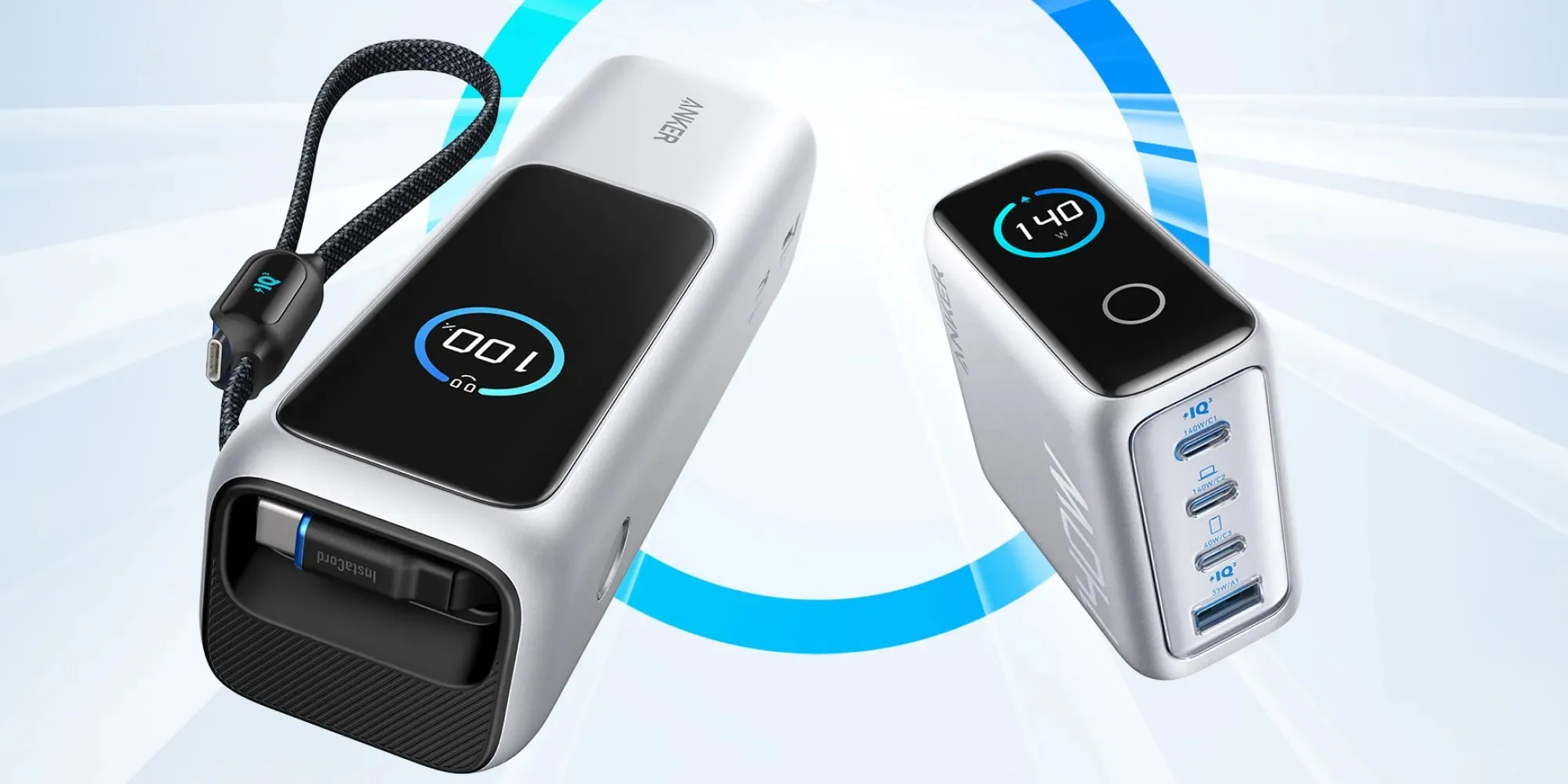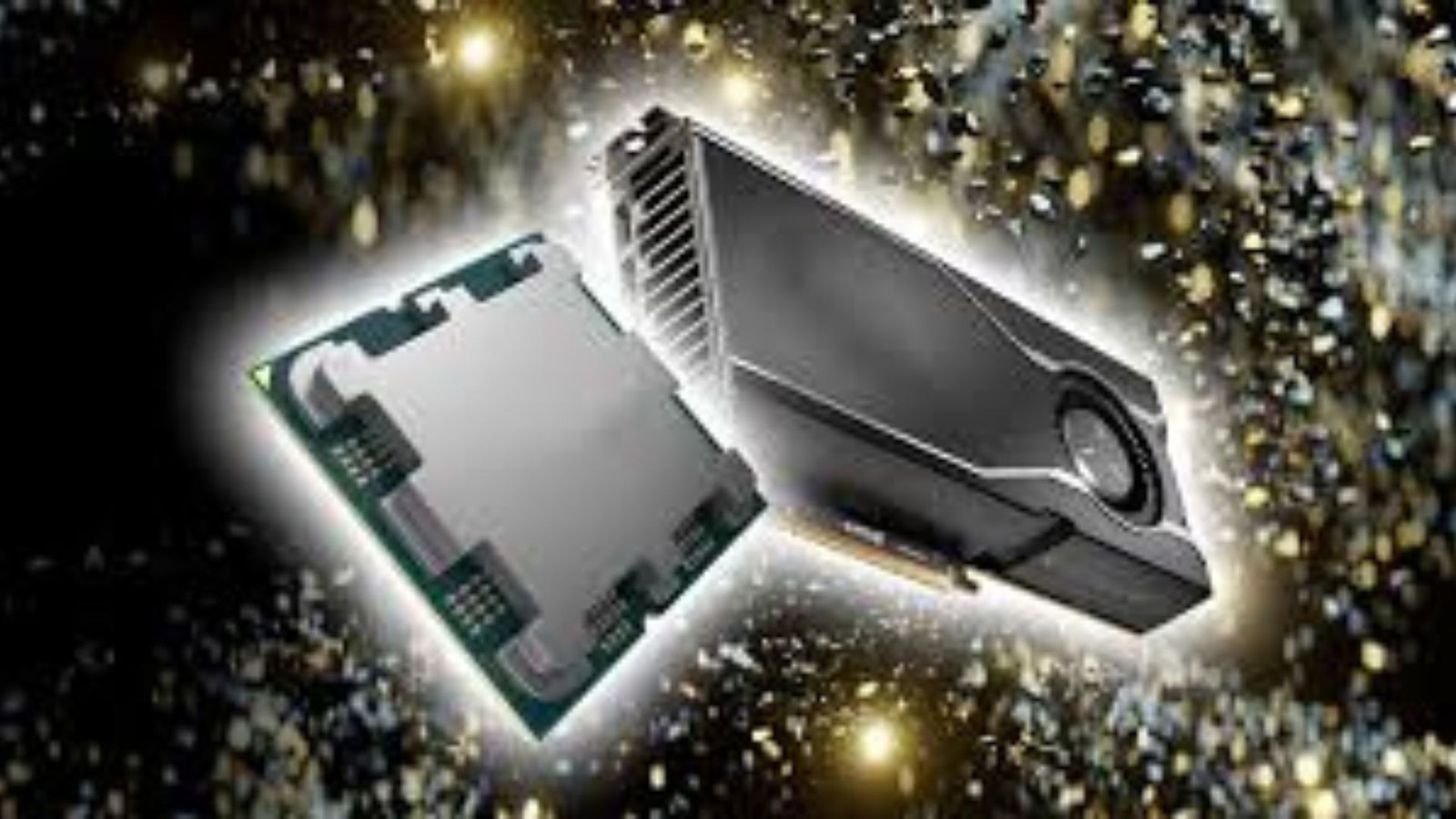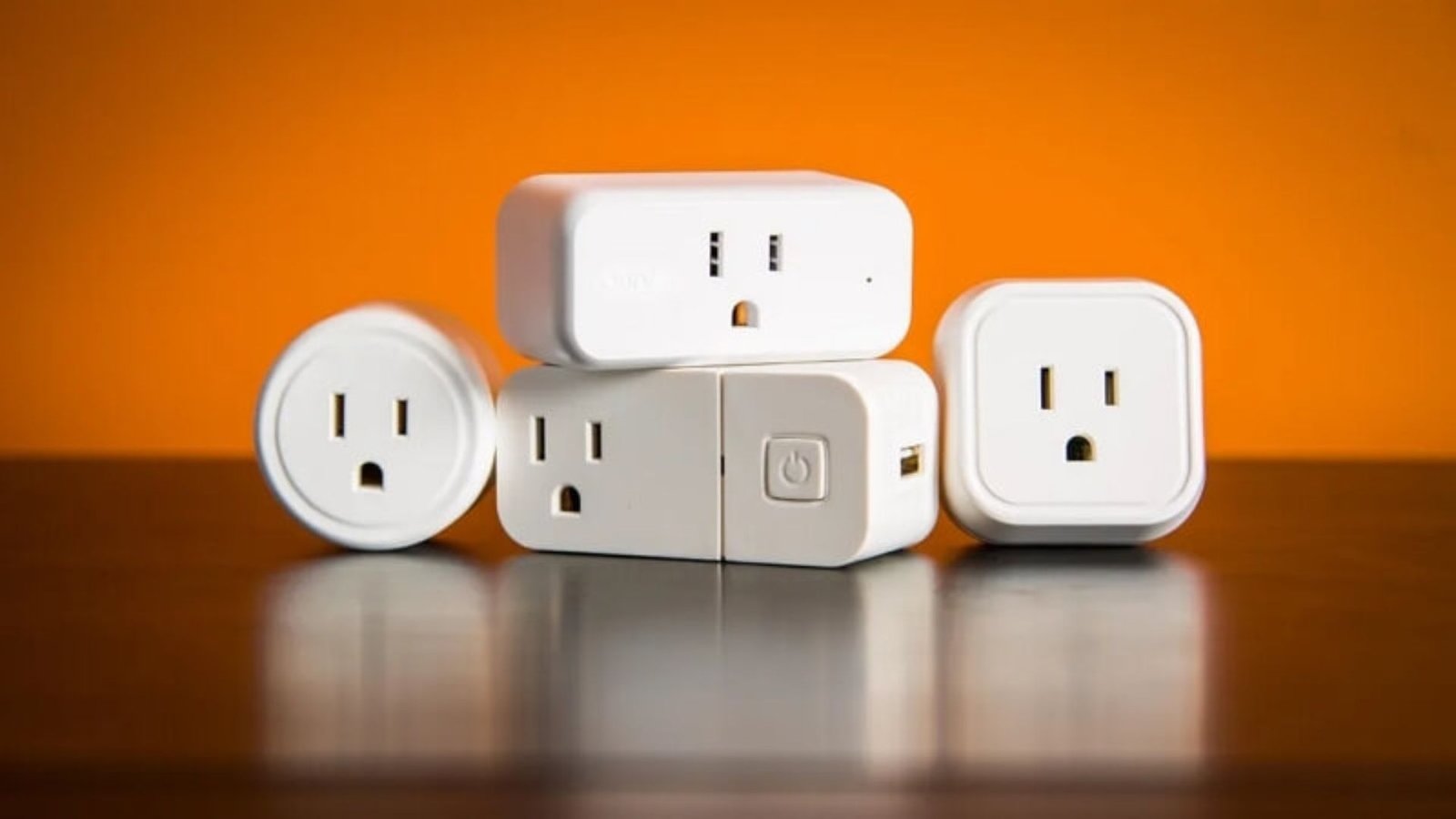The consumer electronics industry is poised for exciting advancements in the coming years. As technology continues to evolve, companies are pushing the boundaries of what’s possible, delivering products that are faster, smarter, and more intuitive. From groundbreaking devices to enhancements in virtual reality, the next wave of innovations promises to transform the way we interact with technology on a daily basis.

The Rise of Smart Devices and AI Integration
One of the most significant trends in consumer electronics is the integration of artificial intelligence (AI) into smart devices. AI is not only enhancing the functionality of smartphones, smart speakers, and wearables but is also making devices more personalized and intuitive. By learning from user preferences, these devices can predict needs and automate daily tasks, making life easier and more efficient. This evolution is particularly noticeable in the world of gaming, where AI-driven experiences are becoming more immersive. For example, in the realm of gambling 360 slots, AI can optimize game mechanics to provide more engaging and dynamic player experiences, increasing the overall enjoyment and unpredictability of the games.
Virtual Reality (VR) and Augmented Reality (AR) Expansion
Virtual reality (VR) and augmented reality (AR) technologies have been around for some time, but recent innovations are making these technologies more accessible and immersive than ever. VR headsets are becoming lighter, more affordable, and equipped with better graphics, providing users with highly realistic experiences. On the other hand, AR is being integrated into everyday devices like smartphones and smart glasses, allowing users to interact with digital content in real time, right in front of them. Leading platforms such as stellarspins casino are already experimenting with these technologies to elevate the online gaming experience.
The Push for Sustainable Electronics
As the demand for consumer electronics grows, so does the focus on sustainability. Manufacturers are increasingly prioritizing eco-friendly materials and energy-efficient designs. Consumers are becoming more aware of the environmental impact of their tech purchases, and companies are responding by creating products with recyclable components, lower energy consumption, and longer lifespans. In addition, there is growing interest in modular electronics, where users can upgrade individual parts rather than replacing entire devices. This shift is a crucial step in reducing e-waste and promoting sustainability in the tech industry.
5G Connectivity and the Internet of Things (IoT)
The rollout of 5G networks is expected to revolutionize the consumer electronics landscape. With faster data speeds and lower latency, 5G will enable more seamless connectivity between devices and open up new possibilities for the Internet of Things (IoT). From smart homes to connected cars, the ability to connect a wide range of devices in real-time will create a more integrated and efficient digital ecosystem. Consumers will benefit from quicker downloads, enhanced streaming capabilities, and more reliable connections, all of which will enhance their overall tech experience.
The Future of Wearable Technology
Wearable technology is another area that’s rapidly evolving. While fitness trackers and smartwatches have already become commonplace, future wearables will offer even more advanced features. Innovations in health monitoring, such as the ability to track blood sugar levels or detect early signs of illness, are likely to become a standard feature in many wearables. Additionally, we may see more seamless integration with other smart devices, creating a truly interconnected and health-conscious lifestyle.
Innovative Nanotechnology and Relaxation
SwentNano.com highlights cutting-edge nanotechnology solutions and research that drive innovation across industries. After exploring advanced technologies and breakthroughs, it’s enjoyable to take a break with online entertainment at stellarspins Portal. The platform offers engaging games and rewarding experiences for a relaxing pause. Combining scientific exploration with leisure helps maintain a balanced and inspiring daily routine.
Precision and Innovation at Work
Innovation and precision define nanotechnology, akin to the experience at online casino top. Both demand focus, careful planning, and interactive engagement. Discover a platform where strategy and enjoyment converge.
Online Betting – Swent Nano
SwentNano.com provides nanotechnology insights and research updates. Readers can also explore https://www.cansportsbetting.ca/ for engaging online betting. It adds a layer of interactive learning and fun.
Conclusion
The next wave of innovations in consumer electronics promises to enhance how we live, work, and play. From AI-driven devices and immersive VR experiences to sustainable manufacturing practices and the rise of 5G, the future of technology is both exciting and transformative. As these advancements unfold, consumers will enjoy more intuitive, connected, and sustainable products that enhance their daily lives. The convergence of these technologies will undoubtedly shape the next generation of consumer electronics.











